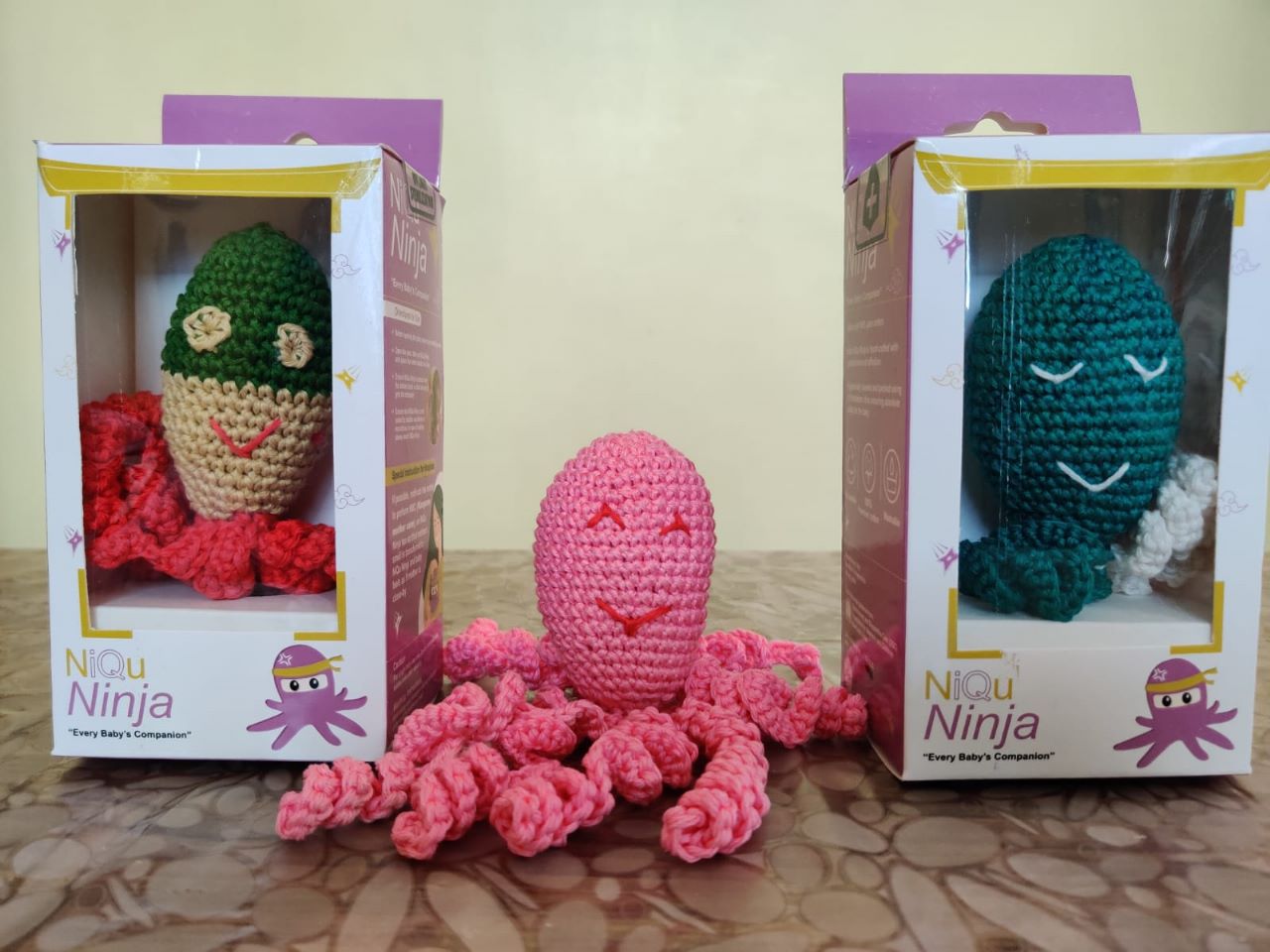Octopus therapy, also known as octo-therapy or octo-hugging, is a relatively new practice in which small crocheted or knitted octopuses are placed along-side preemies in their incubators/Infant warmer beds while in neonatal intensive care units (NICUs).
When the preterm infants grasp the tentacles of the octopus, there is a simulation of the experience they had while holding the umbilical cord in the intrauterine environment. This experience helps in achieving better self-regulation (self-calming) states and results in stabilizing heart rate, improved respiratory patterns and oxygen saturation levels (Pulse oximetry values).
Thus, there are several potential benefits that are worth exploring.
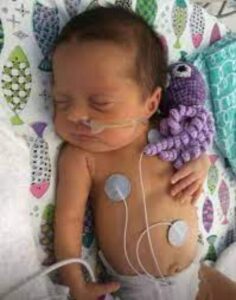
>>Provides a sense of comfort and security
- One of the primary benefits of octopus therapy is that it can provide premature babies with a sense of comfort and security during a difficult time. Babies who are born prematurely may have to spend weeks or even months in the NICU, away from their parents and the familiar environment of the womb. Octopus therapy can help to provide a tactile sensation that is similar to the feeling of being held, which can be reassuring to the baby.
>>Reduces stress and anxiety
- Research has shown that babies who are born prematurely may experience higher levels of stress and anxiety compared to babies who are born full-term. The prolonged separation from their parents and the unfamiliar environment of the NICU can be overwhelming for these tiny infants. The tentacles of the octopuses used in octopus therapy can provide a comforting and calming distraction that can help to reduce anxiety
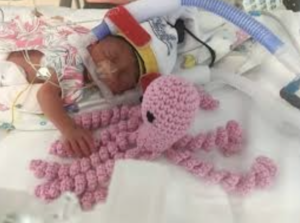
>>Supports development
- Octopus therapy can also support the development of premature babies. Studies have shown that touch is an essential aspect of early development, and that skin-to-skin contact with parents or caregivers can have a positive impact on the baby’s physical, cognitive, and emotional development. While octopus therapy may not be a substitute for skin-to-skin contact, it can help to provide some of the same benefits by providing a tactile sensation that can help to promote sensory awareness and stimulate the baby’s brain.
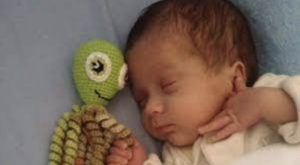
>>May improve sleep
- Babies who are born prematurely often have difficulty sleeping due to the stress and discomfort of the NICU environment. The soothing sensation of the octopus tentacles may help to promote relaxation and improve the baby’s ability to sleep. This, in turn, can have a positive impact on the baby’s overall health and well-being.
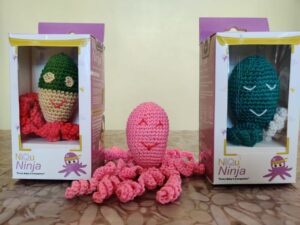
While the benefits of octopus therapy for premature babies are not yet well-established through scientific research, the anecdotal evidence suggests that it can be a useful tool for providing comfort and support to these tiny infants.
If you are a parent of a premature baby in the NICU, talk to your healthcare provider about whether octopus therapy may be appropriate for your child. With proper care and supervision, octopus therapy can be a safe and effective way to provide comfort and support to premature babies during their stay in the NICU.

Dr Amitava Sengupta
Chairperson and Executive Director: DSC Foundation for Newborn & Children (India),
Director: Mother & Child Unit, Neonatology & Pediatrics, Paras Hospitals,
Gurgaon (NCR), India












